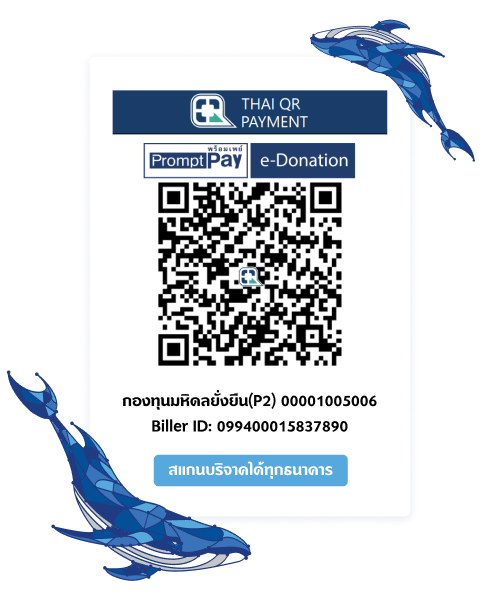Believe it or not, Thailand is facing a severe shortage of medical professionals, particularly professional nurses, despite the government’s efforts to position Thailand as an international Medical Hub competing with other nations. This is achieved by leveraging the country’s robust healthcare service system to attract medical tourists, generate revenue, and contribute to the nation’s sustainable development.
However, the nursing profession is currently facing a severe shortage, ranking among the top professions within the medical service network. The World Health Organization recommends a nurse-to-population ratio of 1:200, but as of 2022, the nurse-to-population ratio in Thailand averages 1:660. This means that one nurse in Thailand has to work as much as three nurses.
This situation contradicts the national strategy, compounded by the increasing societal demands, especially due to Thailand’s aging population, which requires specialized care. However, the crisis of the nursing shortage arises from various factors, including organizational management and staff care, compensation or benefits that nursing professionals should receive, and the internal structure and processes that need to be addressed by both the government and relevant agencies.
Another significant contributing factor is the presence of numerous students who are interested and have the potential to pursue nursing studies but lack opportunities due to financial constraints.









